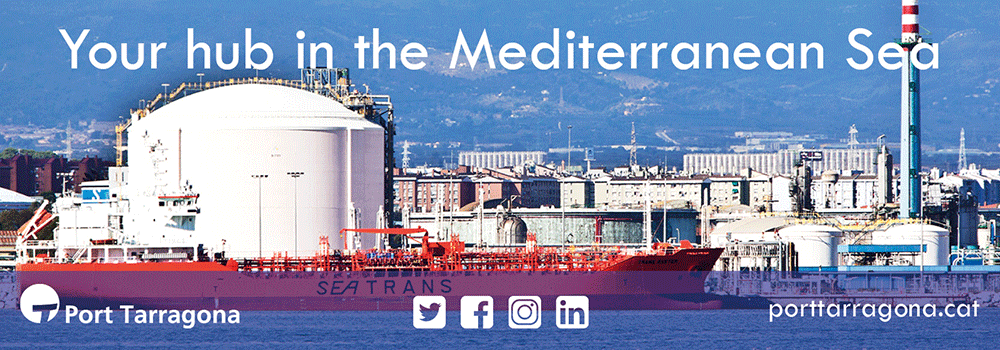‘Greatest quarter in history’ for oil tankers?
The huge supply glut caused by the coronavirus crisis has triggered a surge in charter rates for ships capable of carrying more than 2m barrels of oil. As a result, the daily cost of hiring a very large crude carrier (VLCC) has more than doubled over the past week to a record $229,000 a day, according to Clarksons Platou Securities.
With crude prices down two-thirds this year to below $25 a barrel as demand plummets, refiners and energy traders are “scrambling to secure ships” to either transport or store the commodity on the water.

Standard Chartered estimates supply could outstrip demand by almost 22m barrels a day in April, 19.5m b/d in May and 13.7m b/d in June, exhausting spare storage capacity in the next six weeks.
Rates for hiring a VLCC for six months have also risen, with one 12-year-old vessel, which has a market value of $44m, booked by a European oil major on Monday for $120,000 a day, or more than $20m overall, according to industry sources.
As a result of all this, the collapse in oil demand could generate bumper profits and returns for shareholders.
Eirik Haavaldsen, Head of Research at Pareto Securities, said: “The second quarter of 2020 now looks like it will be one of the greatest quarters in history for large crude carriers, and while there will be a hangover at some point, this party is totally worth it.”
China’s Unipec booked ten ships last Monday (March 30) according to Clarksons, as the price difference between Brent crude for delivery now and for delivery in six months ballooned to almost $14, surpassing the widest spread reached during the last financial crisis.
By buying oil cheaply now and selling at a higher price in the future market, traders can make money as long as the difference is greater than the cost of storage. In the last oil crash half a decade ago, traders spun billion-dollar profits through such trades.
Haavaldsen added: “Floating storage is now happening at an unprecedented pace.”
He expects as many as 150 VLCCs could leave the market for six to 12 months, earning around $95,000 and $65,000 a day in the second quarter and third quarter, respectively.
But he said the longer-term outlook is less certain. Euronav said on Tuesday it was “cognisant” that a large amount of the oil currently produced and transported was being stored for use at a future date.
It warned in its annual results that: “the build-up of these inventories could in the future impact the demand for the oil transportation sector and in particular the tanker markets.”
For more information visit securities.clarksons.com
6th April 2020















